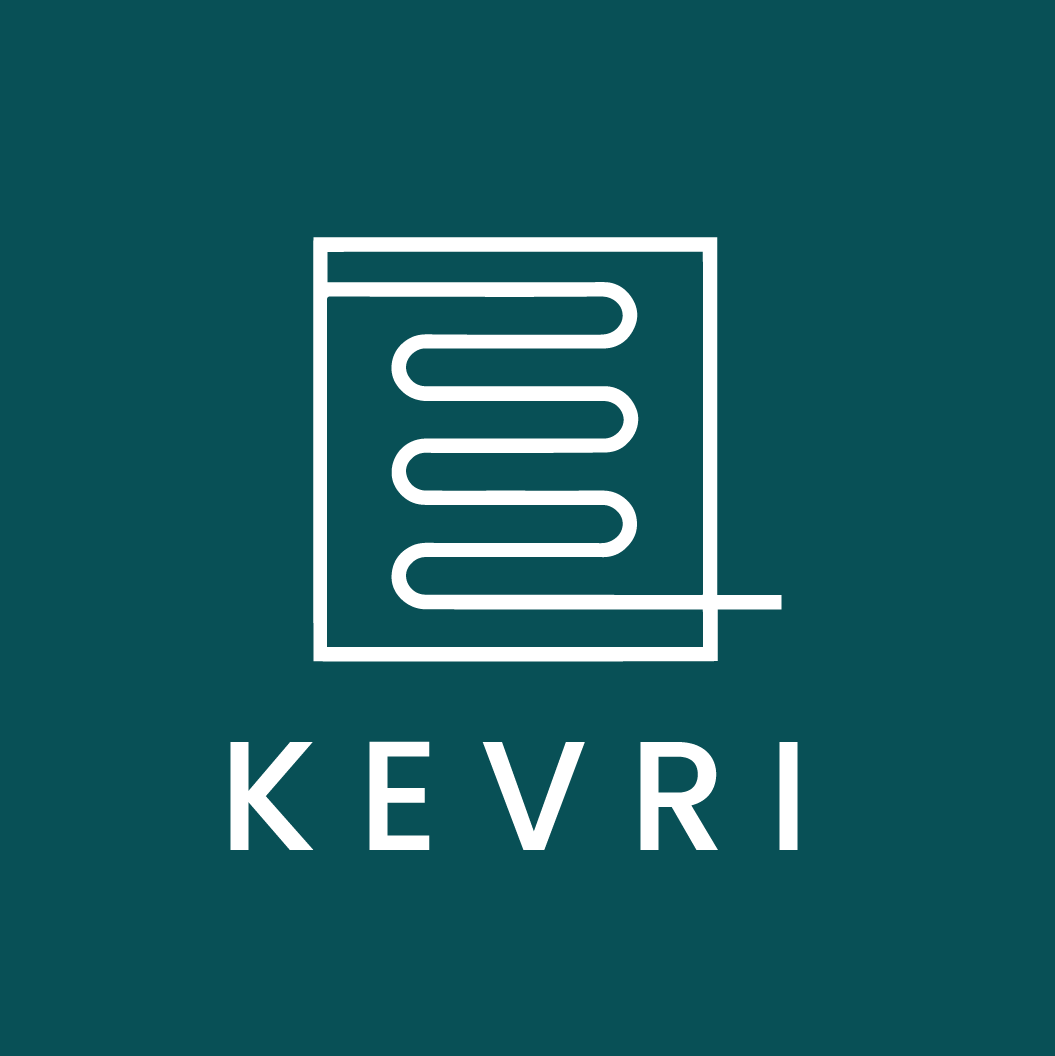What is the Knowledge Exchange Framework (KEF)?
KEF is an emerging buzzword in education. Discover what this framework represents and how the seven KEF perspectives impact your role within the higher education sector.

First, there’s the REF, then there’s the TEF, and now there’s the KEF!
But what exactly is the Knowledge Exchange Framework (KEF), and how does it impact your role?
In simple terms, the KEF is a relatively new assessment to review how English universities carry out their Knowledge Exchange activities.
As Research England, part of UK Research and Innovation (UKRI), outlines:
‘’The aim of the Knowledge Exchange Framework (KEF) is to increase efficiency and effectiveness in the use of public funding for Knowledge Exchange (KE) and to further a culture of continuous improvement in universities.’’
The Knowledge Exchange Framework drives universities to track and evidence their business and community engagement (Knowledge Exchange) via an annual KEF submission.
This submission is then reviewed and measured by Research England who will provide funding and support to English Higher Education Institutions (HEIs) to help them play a central role in society and the economy.
And by receiving this funding every year for business and community engagement, English universities can then keep strengthening their Knowledge Exchange activities- which means increased social impact and local regeneration.
It’s a win-win!
How the KEF impacts you
If you're working within a university, you may have the choice to organise or participate in Knowledge Exchange activities.
And as every knowledge exchange activity typically involves a third-party partner, your work could result in an impactful collaboration.
For instance, a knowledge exchange activity involving a local sustainability agency may make a positive national impact. Or a knowledge exchange activity with a global charity organisation could lead to a positive international impact.
At KEVRI, we've witnessed many brilliant knowledge exchange projects in many shapes and forms that mirror the organiser's passion and drive to make a great social impact.
Such activities fall into the following 7 KEF perspectives. These are:
- Skills, enterprise and entrepreneurship
- Local growth and regeneration
- Research partnerships
- Working with business
- Working with the public and third sector
- Intellectual property and commercialisation
- Public and community engagement (PCE)
Many scholarly/community activities you’ve organised/participated in may fit into one or more of these areas!
The Future of the KEF
After attending, the recent National Centre for Universities and Business (NCUB) KEF Review, we know that KEF 2.0 is on its way!
We're looking forward to this one! #knowledgeexchange #university #highered https://t.co/fOKyc7Iohy
— KEVRI (@kevridotco) February 8, 2022
As it is still relatively new, there may be adjustments made to the first iteration of the framework.
Yet is clear to us that very Knowledge Exchange activity you partake in, whether big or small, contributes to your university’s public, business and community engagement picture.
And at KEVRI, we believe that picture should be showcased and celebrated by all as increased Knowledge Exchange equals increased social and economic impact across the UK and beyond!





